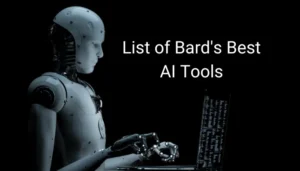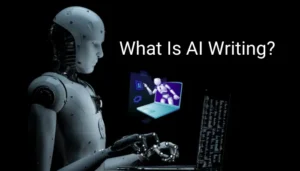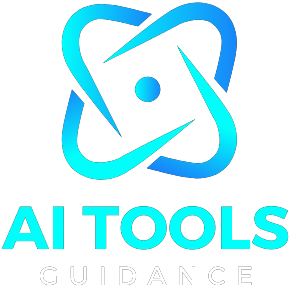Is ChatGPT Generative AI? That’s the question on everyone’s lips as ChatGPT reinvents our interaction with AI by blending conversational convenience with advanced generative technology. But why is ChatGPT so spectacular an example of Generative AI? Let’s venture into the fascinating world of AI vs. Generative AI to reveal the unique characteristics that make ChatGPT stand out. In this investigation, we dive deeper into its workings and implications, looking at its place in the more significant AI context and responding to its essential question: “Is ChatGPT Generative AI?
Key Takeaways
- ChatGPT is an outstanding example of generative AI, using advanced machine learning for various purposes.
- Built upon OpenAI’s Generative Pretrained Transformer architecture.
- ChatGPT presents many challenges and ethical considerations that must be carefully managed before deployment.
ChatGPT and Generative AI
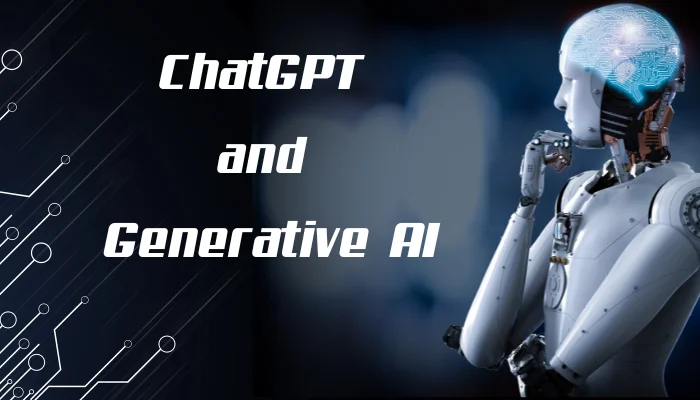
Generative AI systems such as those behind ChatGPT are at the forefront of artificial intelligence development and deployment. AI algorithms, such as GPT-4, produce original content such as words and images based on human-like comprehension and imagination.
Read more about Generative AI vs predictive AI,
1. What is Generative AI?
Generative AI refers to AI systems’ capability to create something entirely novel and unplanned. Unlike traditional AI, which typically responds according to predetermined rules, generative AI allows machines to generate fresh material, such as articles, artwork, or conversations, organically and dynamically.
2. ChatGPT: An Overview
ChatGPT-3 by OpenAI was released for public consumption on November 30, 2022, as an outstanding AI communication tool. An intelligent chatbot capable of producing coherent and context-appropriate text based on user prompts was unveiled here as the world saw how technology has transformed communication tools for humans. Read more about the GPT-4 release here.
3. How Does ChatGPT Work?
ChatGPT operates using a large language model (LLM). This LLM, trained on vast amounts of text data, can generate text that mimics human speech, understand context, and even engage in complex discussions.
4. Applications of ChatGPT
The uses of ChatGPT vary and are continually expanding. It can assist in writing essays, programming, customer service, and even in creative fields like writing and art. Companies increasingly turn to tools like ChatGPT to automate tasks and enhance efficiency.
Advanced Insights into ChatGPT and Generative AI
Let’s explore the intricate facets of ChatGPT’s technology and its broader implications for generative AI.
1. The Evolution of ChatGPT: From GPT-3 to GPT-4
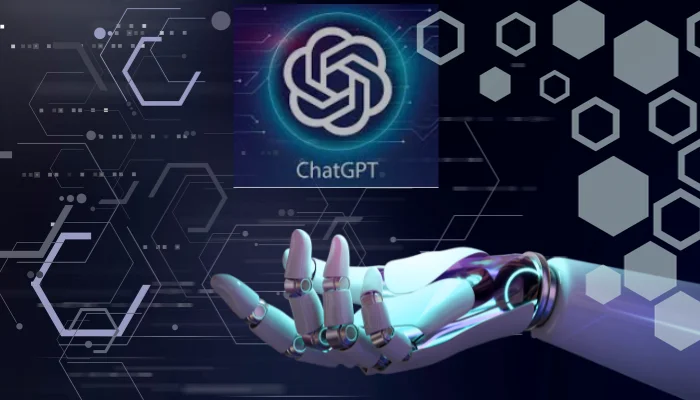
GPT-3 marked a significant leap in language modelling, but it was GPT-4 that truly revolutionized the field. Built on these advancements, ChatGPT offers improved conversational abilities and a more nuanced understanding of complex queries. Learn more about the evolution and capabilities of GPT-4 in this detailed guide.
2. Ethical Implications of Generative AI
Generative AI, including ChatGPT, raises critical ethical questions. From concerns about generating misinformation to the potential for misuse in creating deepfakes, these issues require careful consideration and the development of robust ethical frameworks.
3. ChatGPT in Education: Boon or Bane?
The integration of ChatGPT in educational settings has sparked debate. While it offers significant benefits for research and learning, concerns about plagiarism and the erosion of critical thinking skills are prompting discussions about its role in academics.
4. ChatGPT and User Privacy: A Balancing Act
Privacy remains a key concern with AI technologies like ChatGPT. Developers and regulators continue to navigate the challenge of balancing the need for data to train these models with the protection of user privacy.
5. The Accuracy and Reliability of ChatGPT
While ChatGPT can generate impressively coherent and contextually relevant responses, its accuracy is not infallible. Understanding the limitations regarding factual accuracy and potential biases is crucial for users.
6. The Business Case for ChatGPT: Beyond Customer Service
ChatGPT’s business utility extends far beyond customer service. The possibilities are vast and still expanding, from enhancing marketing strategies to streamlining operations and even aiding in decision-making. Find out here: Best AI Tools for Business.
7. ChatGPT and the Future of Work
As AI tools like ChatGPT become more prevalent, the nature of work and the skills required in the workforce are evolving. ChatGPT may automate specific tasks, but it also opens up new opportunities for creativity and innovation in the workplace.
Is ChatGPT Generative AI? The Future and Challenges
As we continue our journey into ChatGPT and generative AI, we delve into its impacts, challenges, and what the future holds. This part highlights the significant effects of ChatGPT across various sectors and discusses its limitations and ethical considerations.
1. Impact of ChatGPT on Various Sectors
ChatGPT’s influence extends across numerous industries. In tech, it’s reshaping how we interact with machines. In education, it’s both a tool and a topic of debate. Businesses leverage it for customer service, content creation, and more. It’s interesting to note how ChatGPT and its counterparts, like Bard, are compared in terms of their effectiveness. Find out more about ChatGPT vs Bard.
2. Limitations and Challenges of ChatGPT
Despite its capabilities, ChatGPT isn’t without flaws. It can struggle with context in complex scenarios and sometimes produce inaccurate or biased content. Ethical concerns, such as the potential for misuse and privacy issues, are also at the forefront of discussions about generative AI.
3. Future of Generative AI and ChatGPT
The future of ChatGPT and generative AI is ripe with potential. We’ll likely see more sophisticated models, a better understanding of context, and more robust ethical guidelines. The evolution of ChatGPT might even lead to models that are less prone to biases and more aware of the ethical implications of generated content.
Conclusion
So, we’ve walked through ChatGPT, dissecting its mechanics, uses, and the ethical dilemmas it raises. Now, to the million-dollar question: Is ChatGPT Generative AI? Absolutely. ChatGPT is more than a byproduct of generative AI; it’s an exemplary showcase of what this tech can do. It’s a big step forward in how AI can comprehend, interact, and creatively engage with us.
From making complicated tasks easy to simulating human-like conversation, ChatGPT highlights the incredible abilities of generative AI. Yet, like any trailblazing technology, it has challenges and obligations. It reminds us that it is essential to balance innovation with ethics and pragmatism as we move forward in AI.
ChatGPT is a tool and a vision of a world where AI and human intelligence exist symbiotically, augmenting each other’s capabilities. That’s a future of possibilities waiting to be explored and understood at AI Tools Guidance.
FAQs
Is ChatGPT the same as other AI chat services like ChatOn?
Not quite. While they share similarities, each AI chat service has unique features and underlying technology. For more on this, see Is ChatOn the Same as ChatGPT?
Can ChatGPT write complete apps?
ChatGPT can assist in writing code, but creating a complete app requires more than ChatGPT currently offers.
How can I choose the best ChatGPT app?
Choosing depends on your specific needs. For a detailed guide, visit Which Chat GPT App Is Best?







